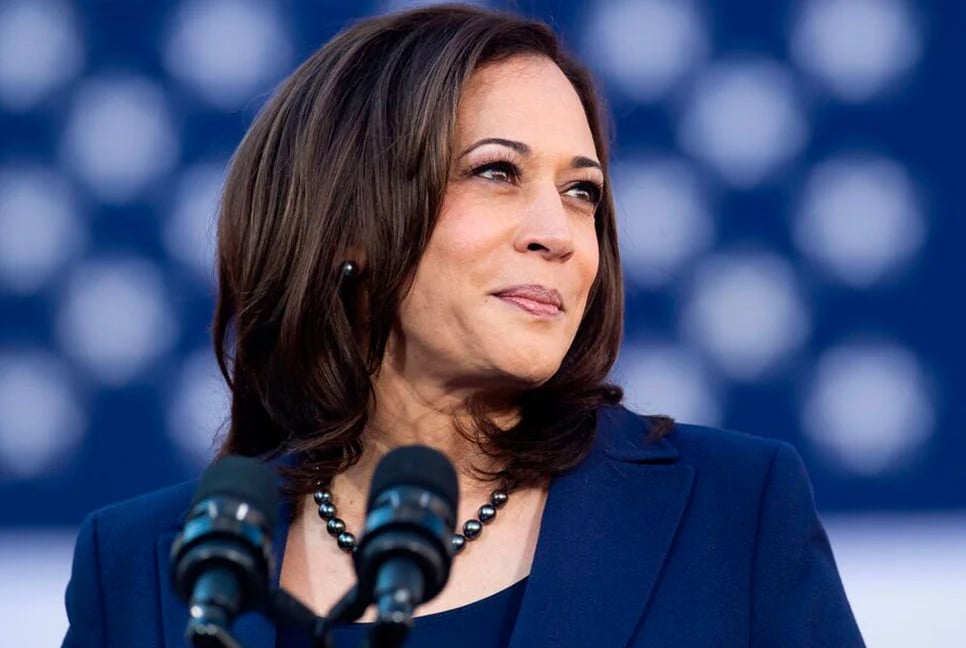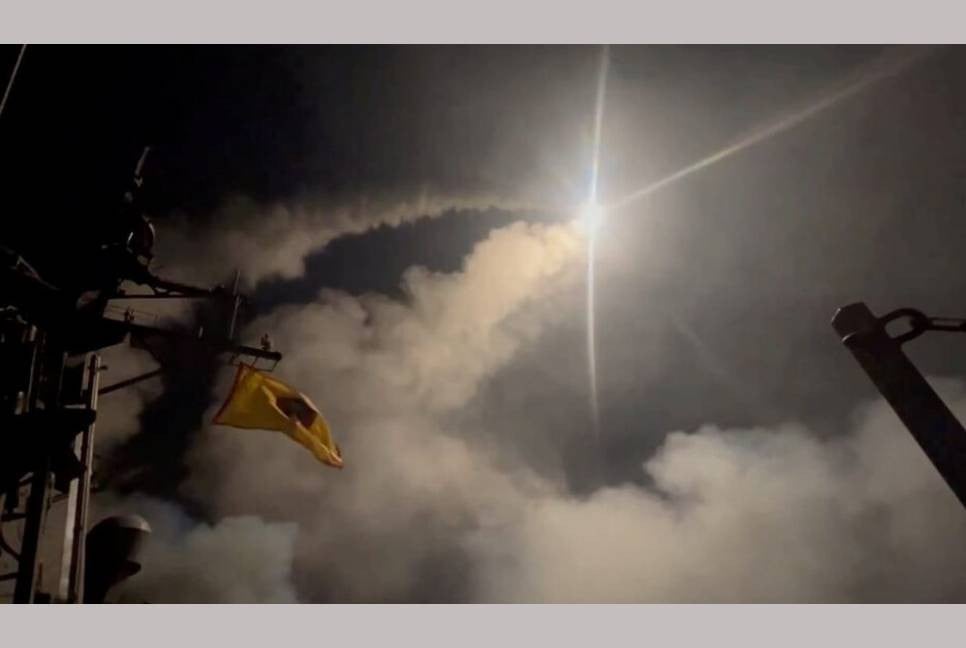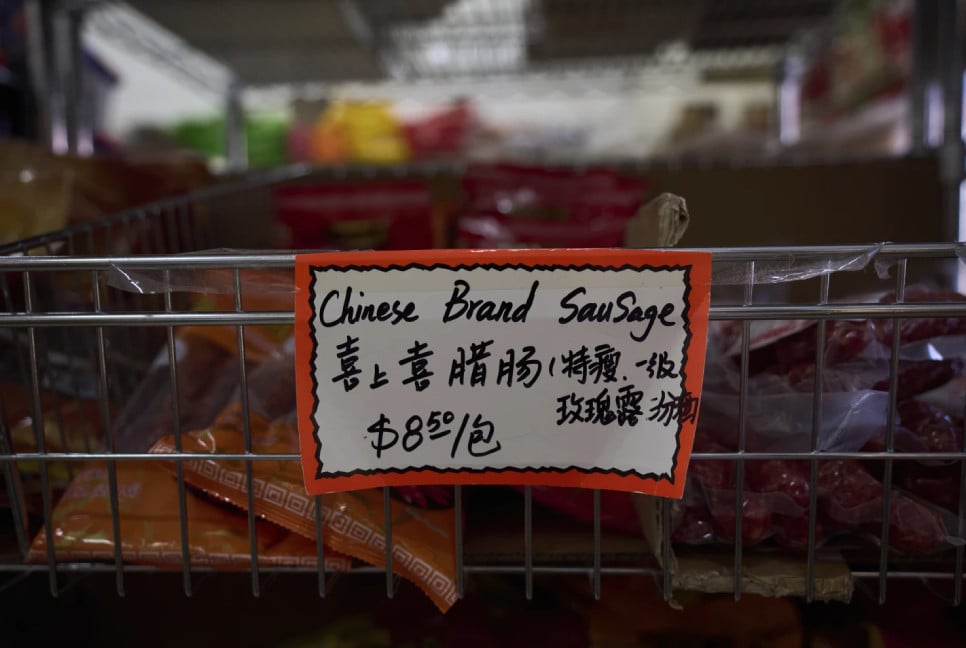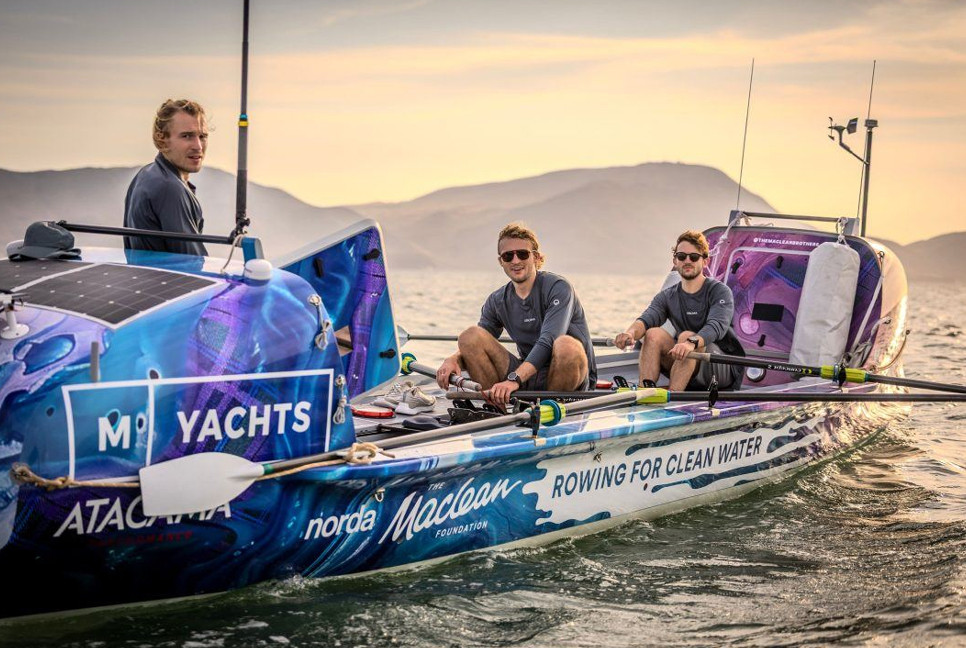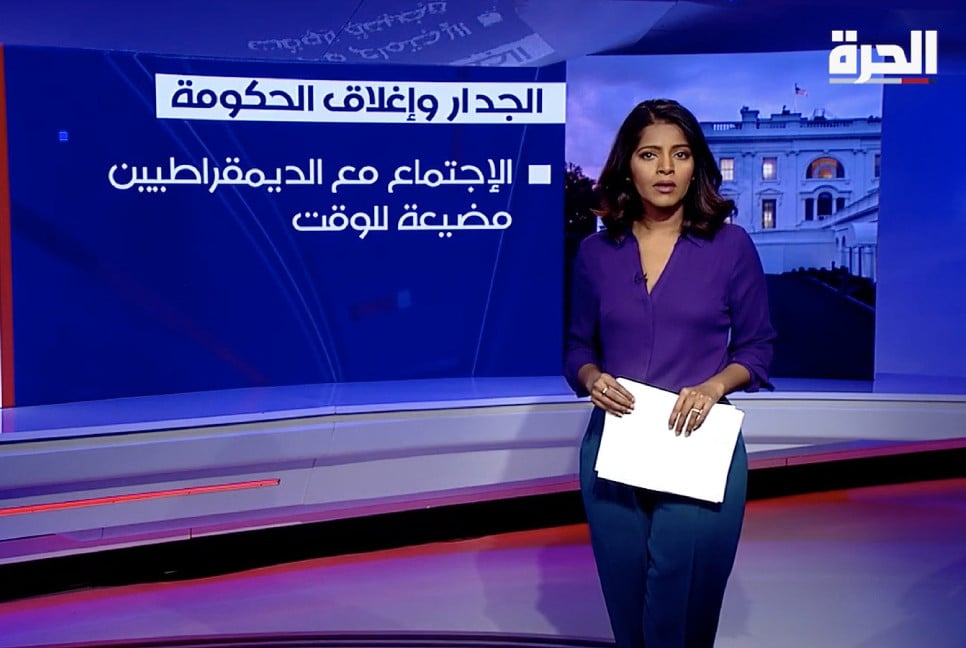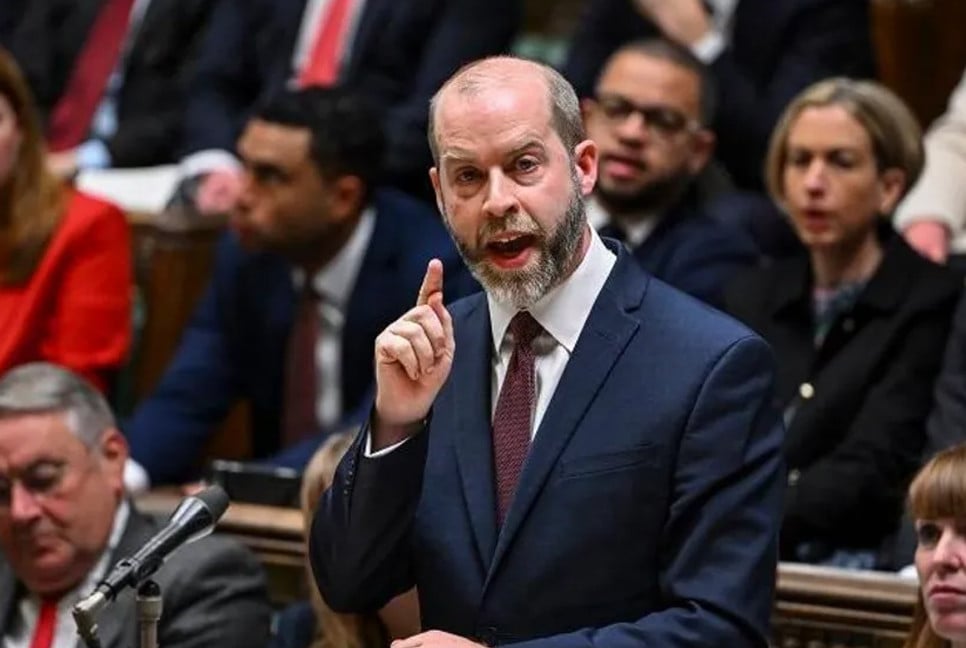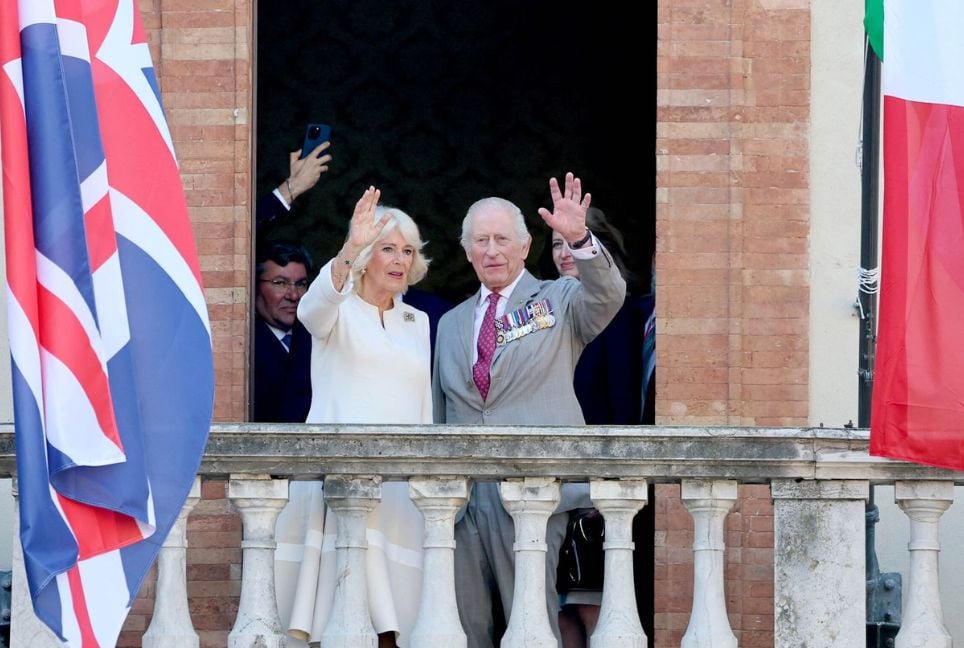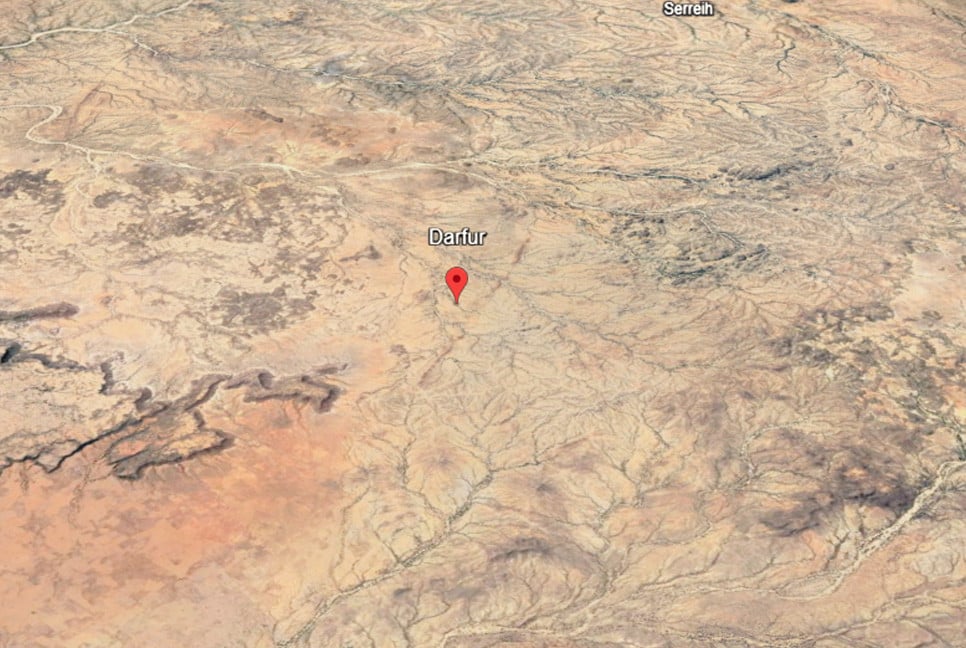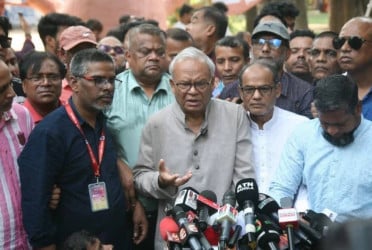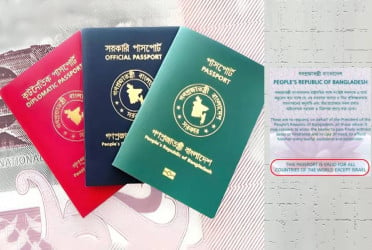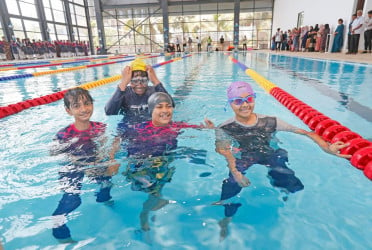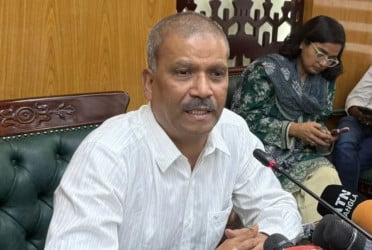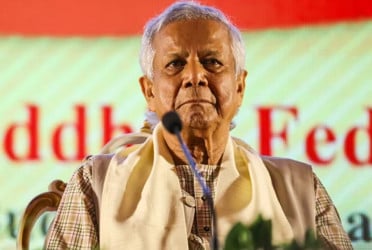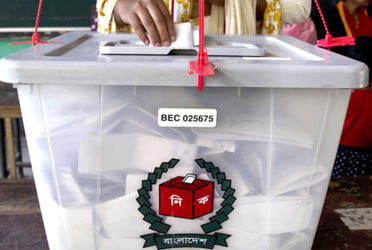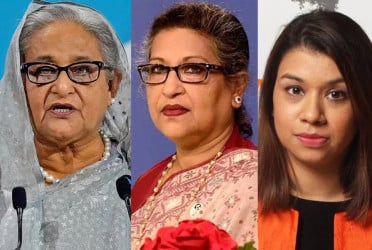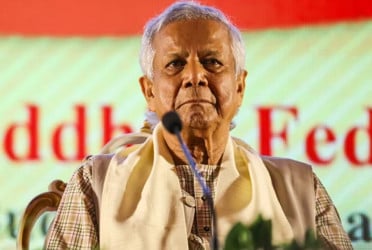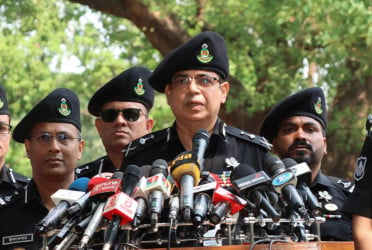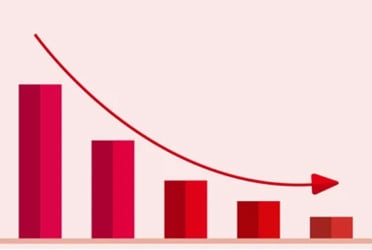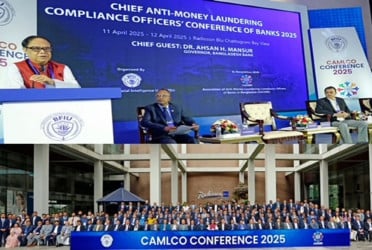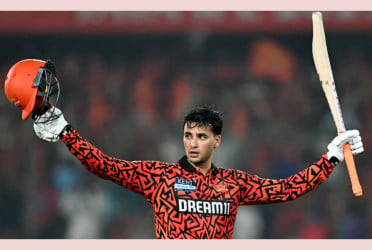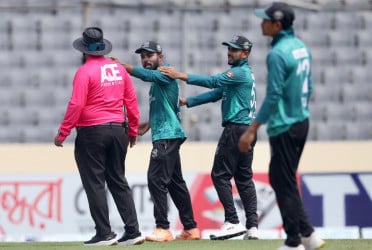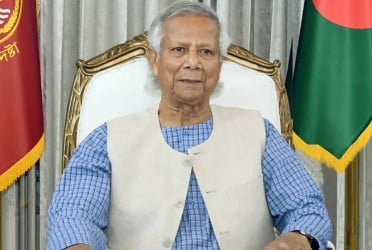US vice president Kamala Harris appears to have won over likely members Gen Z and Gen Alpha as she won Nickelodeon's Kids Pick the President "Kids' Vote" poll run throughout this month.
Harris beat Trump by three percentage points, winning 52 percent to the Republican presidential candidate's 48 percent.
According to a press release from Nickelodeon, more than 32,000 children cast their vote in the 10th virtual election in the "Kids' Vote" poll conducted from October 3 to 23, reports Newsweek.
While Nickelodeon has not shared a breakdown of the ages of those voting, all children under 18 are currently either Gen Z, born between around 1997 and 2011, or Gen Alpha, born from 2012 onwards.
The poll is intended for entertainment purposes rather than for statistical value. It has been running since 1988, and the winners have been overwhelmingly Democrats, with two instances where Republican candidates have won: H.W. Bush in 1988 and George Bush in 2000.
President Joe Biden beat Trump in the 2020 Kids Pick the President poll by six percentage points, at 53 percent to Trump's 37 percent, according to Deadline.
In 2016, the majority of kids also voted for Hillary Clinton over Trump, with Clinton proving victorious at 53 percent to Trump's 36 percent, according to Time Magazine.
Christia Spears Brown, a psychologist, author, and associate chair in the department of psychology at the University of Kentucky, told Newsweek there seems to be a "connective thread" from how children understand political parties to their value systems as adults.
"About the same time that they're getting these kind of political party affiliations crystallized," she said, "They're also understanding race, they're understanding gender, they're understanding religious groups, they're understanding kind of national groups. They're understanding groups and this sense of us versus them."
Dr. Brown told Newsweek that when researching children's attitudes to the 2016 election, she found that 90 percent could provide information about at least one of the candidates, 65 percent knew the US has never had a female president, and 99 percent of children expressed a preference for one candidate to win.
Dr. Brown noted that the difference when it comes to children's engagement with politics versus an adult is that children's views of specific issues often "look more progressive and liberal" but there is a "disconnect between who they would vote for and who they like" and that "seems to be much more reflective of who their parents are voting for and who their parents are talking about."
Both Dr. Brown and Professor Bryony Hoskins, a chair in comparative social science at the University of Roehampton, agreed that children's engagement in politics has increased in the past decade, largely thanks to the amount of information available via social media, although Hoskins noted that disinformation has made the landscape challenging for young people.
Hoskins added, "The decisions are no longer based so much on the facts or realities, but more on narratives and stories and emotions."
Brown said that just because children appear more engaged politically, doesn't mean they have a better grasp of the issues. "There's some evidence that suggests that kids are increasingly partisan. They're engaged in politics, it doesn't necessarily mean they're understanding policies," she said. "But they are increasingly aware of candidates and have strong emotional reactions to candidates."
Bd-pratidin English/Lutful Hoque

